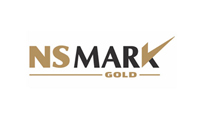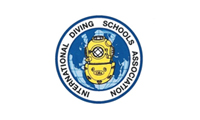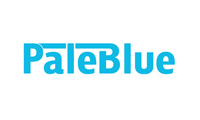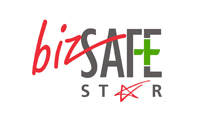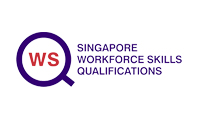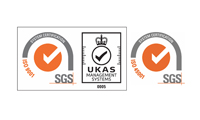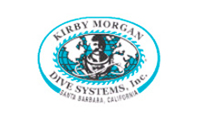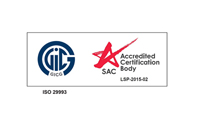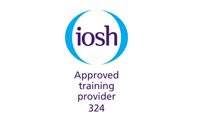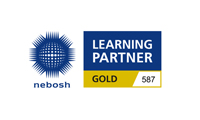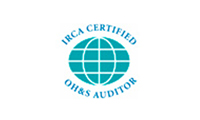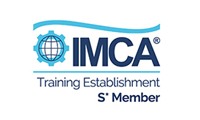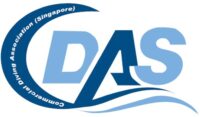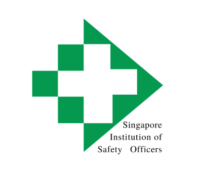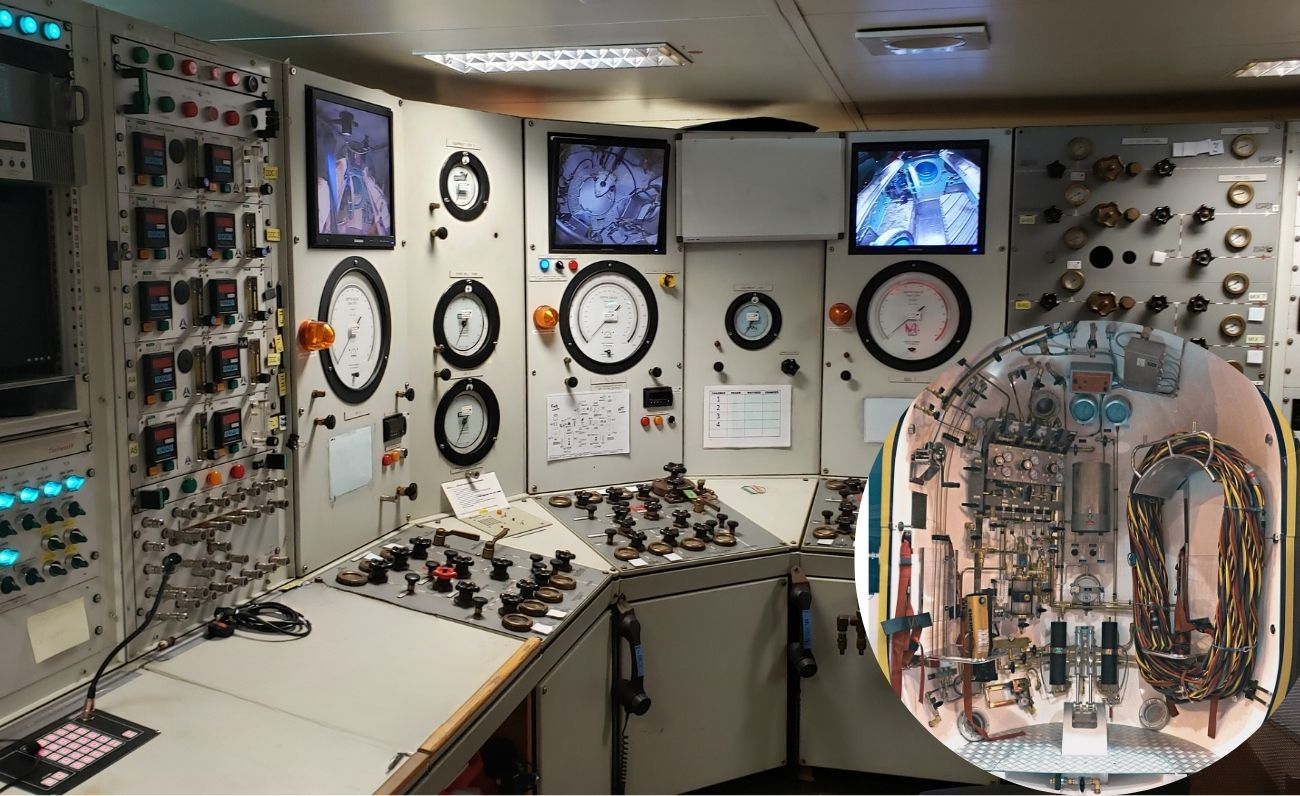
About This Course
This course is for experienced commercial offshore Supervisors and/or Bell divers who wish to follow the IMCA scheme and become a supervisor. IMCA certification will allow commercial divers to supervise complex engineering tasks underwater, be globally recognised as a supervisor and enable them to work worldwide.
Eligibility
- Hold an IMCA-recognised closed bell diving qualification as set out in IMCA D013.
- Demonstrated competence as an offshore bell diver (minimum 3 years) with a minimum 400 logged bell lock-out hours
- Hold an IMCA-approved Trainee Air Supervisor certificate.
Closed Bell (Sat) Diving Supervisors
Having attend and passed the IMCA Trainee Bell Supervisor course, you have qualified as a Trainee Bell Diving Supervisor. However, to be appointed as a Bell Diving Supervisor in writing by a Diving Contractor, you must additionally fulfill the following minimum requirements:
- Acted as a Trainee Air Diving Supervisor on at least 10 offshore commercial air dives.
- Logged at least 350 panel hours (under direct supervision) offshore on a minimum of 50 bell runs over a minimum period of 90 days working as a Trainee Bell Diving Supervisor.
- Logged at least 360 panel hours at any time working either as an LST or as an Assistant LST.
- Recommended by a company following satisfactory offshore reports confirming competence in accordance with the IMCA Competence Assurance and Assessment Scheme.
- Passed the IMCA Air & Closed Bell Diving Supervisor examinations.
NOTE: Application to sit the IMCA examination must be made within 3 years of successful completion of the training course and at least half the required panel hours logged within the 2 years prior to the application.
Upgrading from a Qualified Air Diving Supervisor to Bell Diving Supervisor
A qualified Air Diving Supervisor who has demonstrated competence in accordance with IMCA C 003 Rev.1 and supervised a minimum of 100 offshore air dives and who wishes to progress to Bell Diving Supervisor does not have to re-sit the Air Diving Supervisor examination module, but must fulfill the following minimum requirements before being appointed in writing by a Diving Contractor as a Bell Diving Supervisor:
- All aspects of Trainee Bell Supervisor- attended and passed the IMCA Trainee Bell Supervisor course.
- Have logged at least 150 panel hours (under direct supervision) working offshore on a minimum of 20 bell runs over a minimum period of 45 days working as a Trainee Bell Diving Supervisor.
- Have logged at least 360 panel hours at any time working either as an LST or as an Assistant LST.
- Have been recommended by a company following satisfactory offshore reports confirming competence in accordance with the IMCA Competence Assurance and Assessment Scheme.
- Have passed the IMCA Bell Diving Supervisor examination.
NOTE: Application to sit the IMCA examination must be made within 3 years of successful completion of the training course and at least half the required panel hours logged within the 2 years prior to the application.
In-House Training
This course can be tailored to reflect your organisation’s system of work. It can also be presented as an in-company package at your company’s facility and/or preferred location. For further details such as corporate rates and schedules, please contact us.
Learning Options

Full Time or Virtual Learning
Full Time training will be delivered face to face or virtual over a 4-days period with examinations on the final day.

1-day Refresher
Delivered face to face or virtual over a 1-day period.
Course Fees

Full Time / Virtual Learning
Course Fees: SGD$ 2130.00 (exclusive of GST)

1-Day Refresher
Course Fees: SGD$ 1825.00 (exclusive of GST)
For More Information
Please note all courses are provisional until formal confirmation and course joining details are sent.
For more information on upcoming schedule, please contact us.
